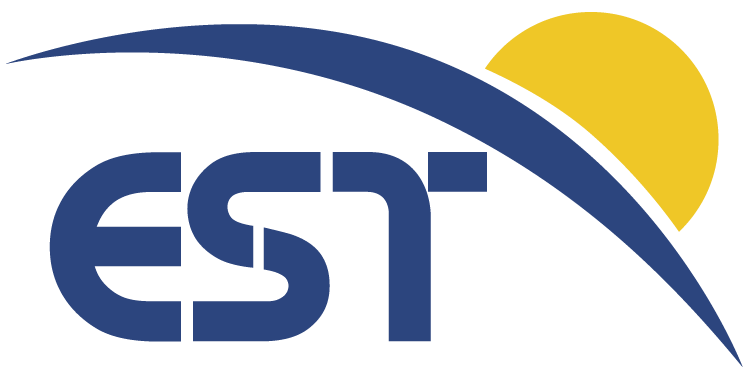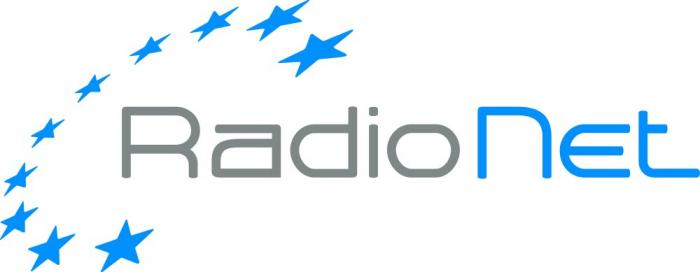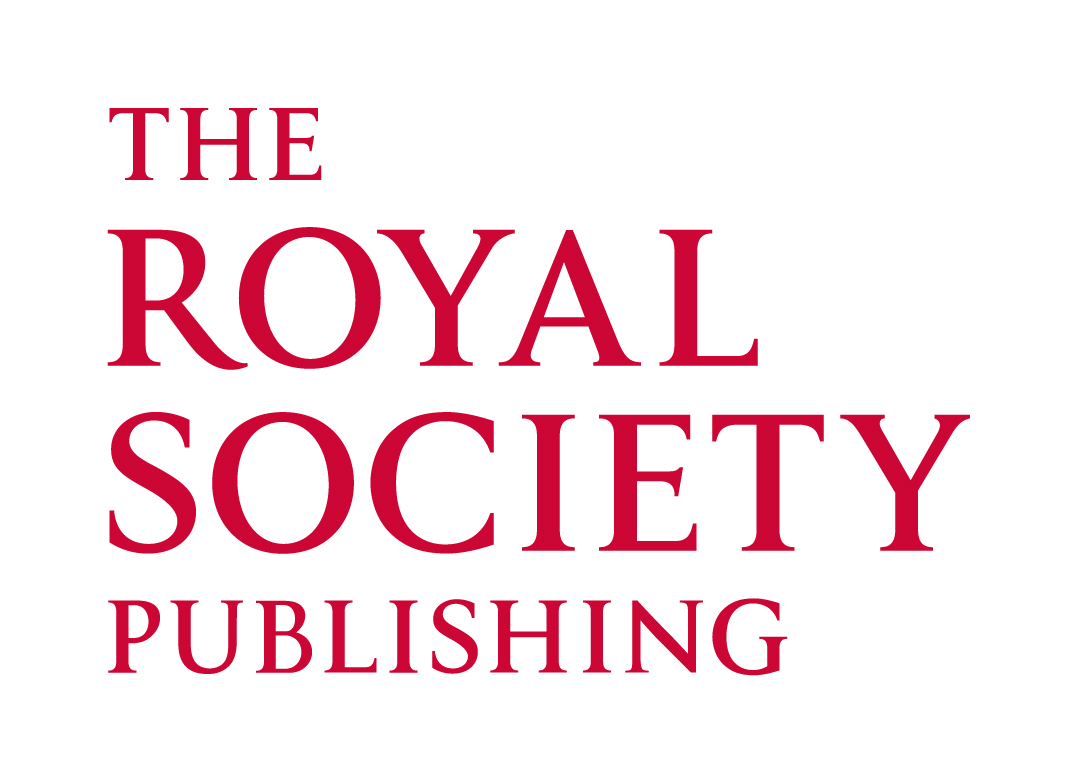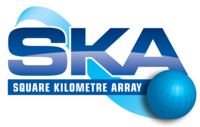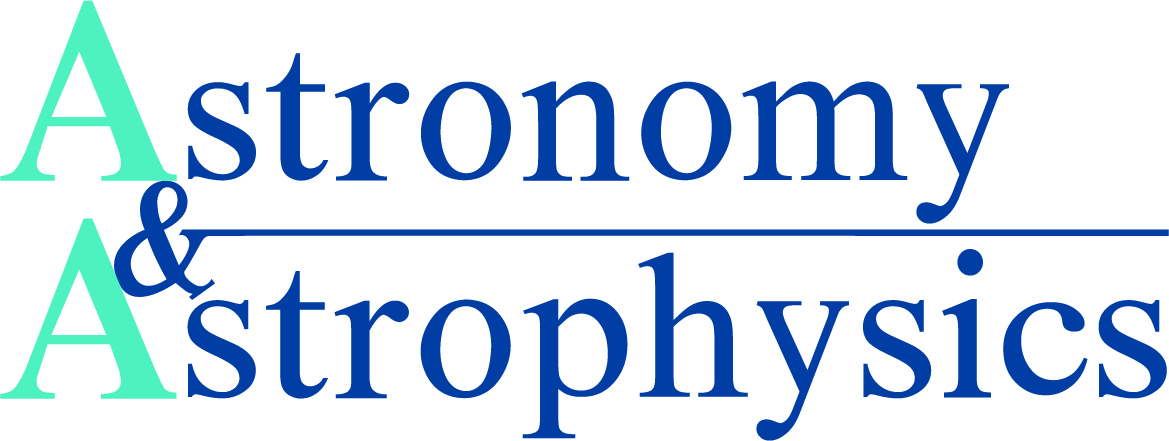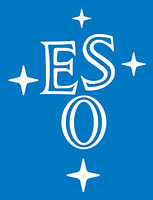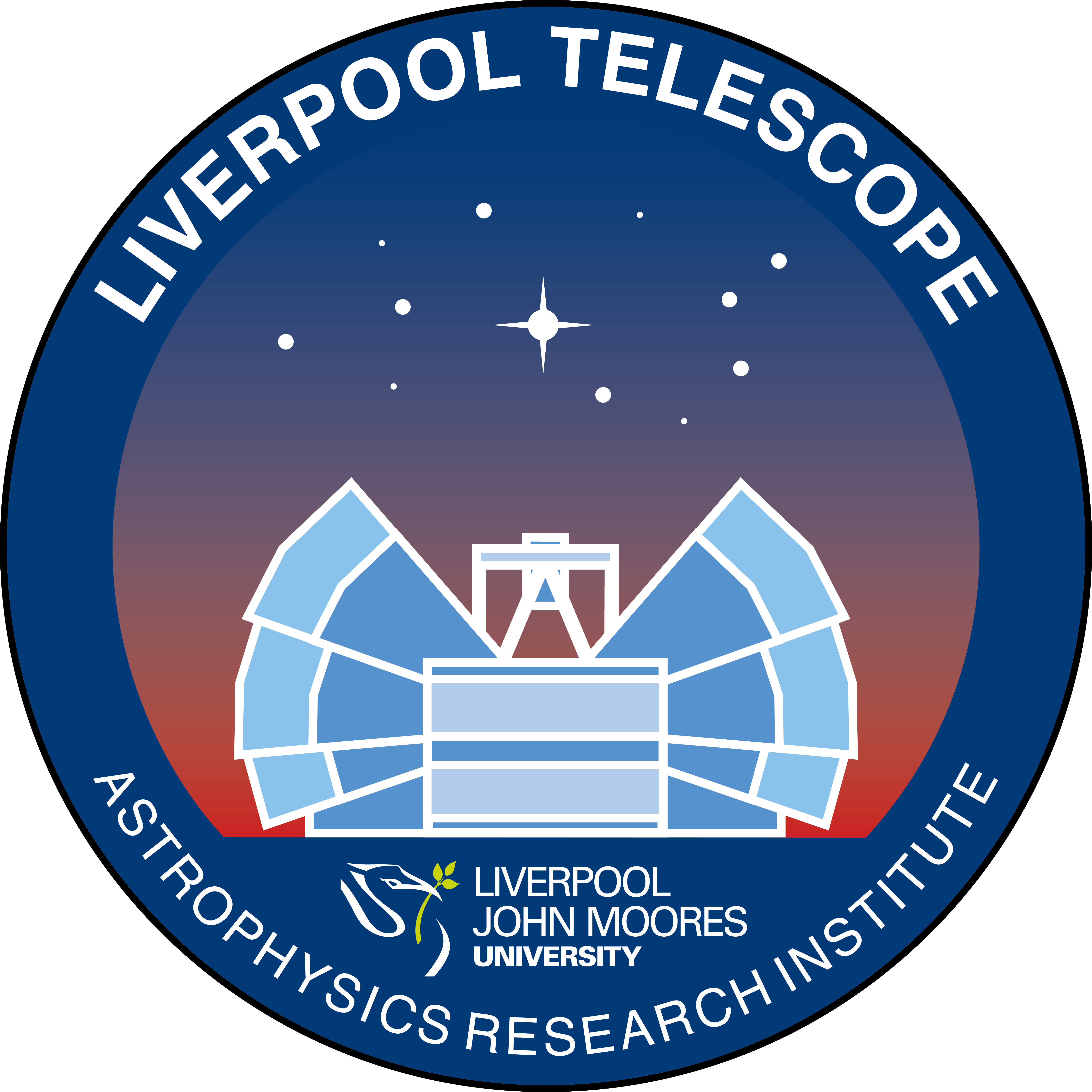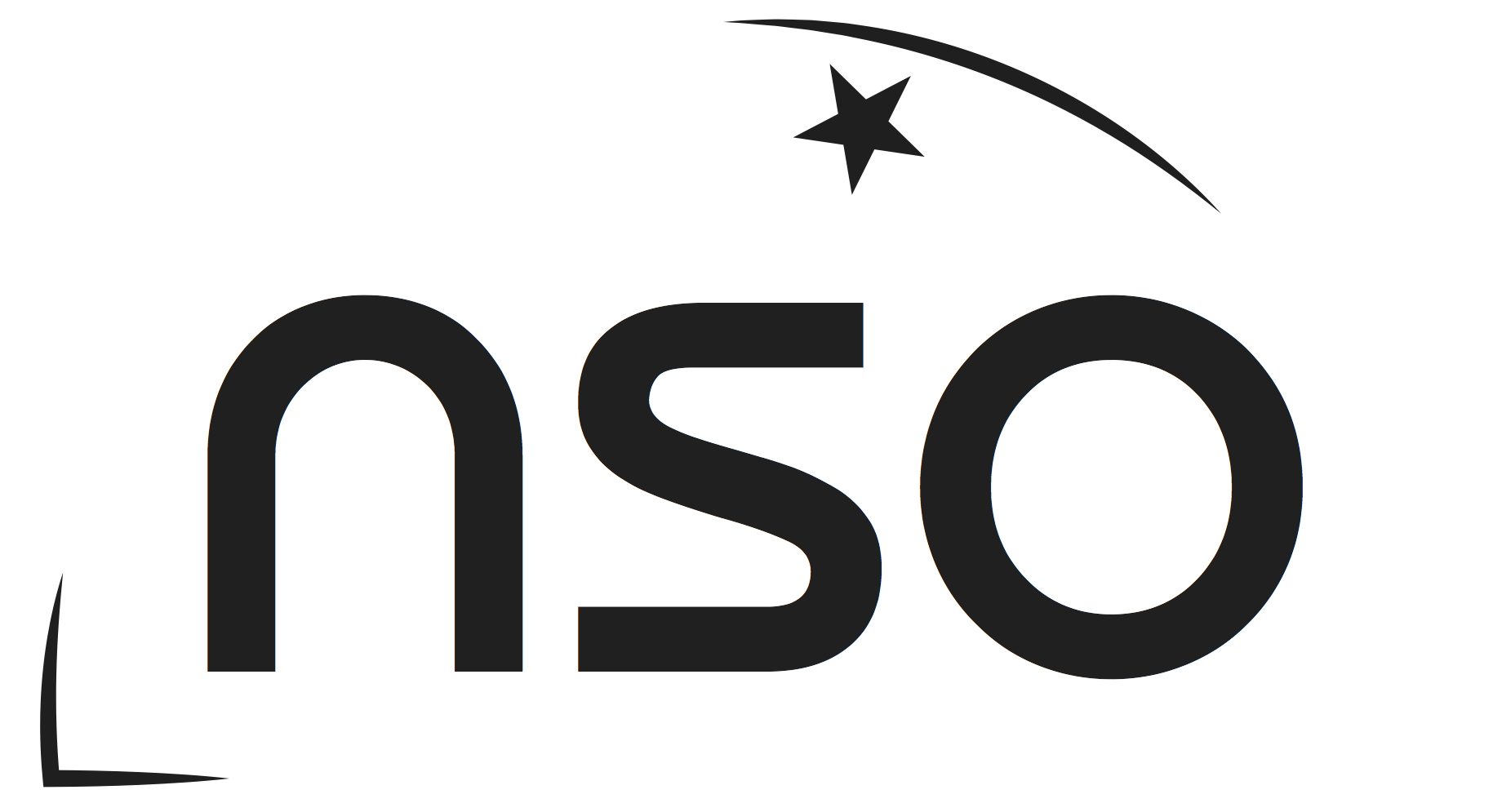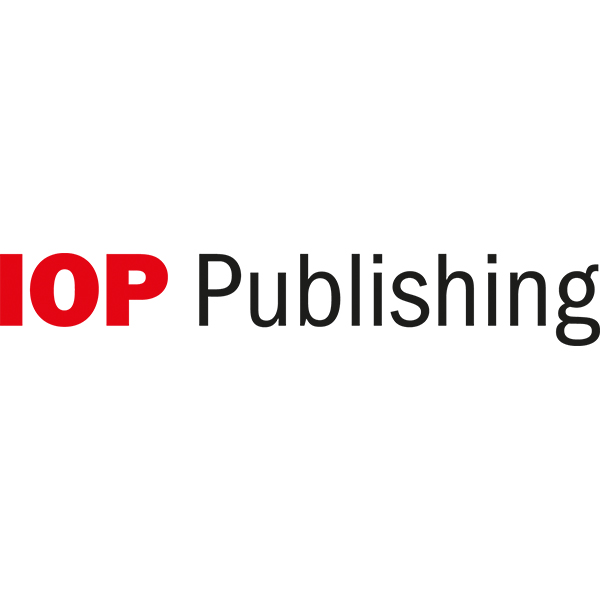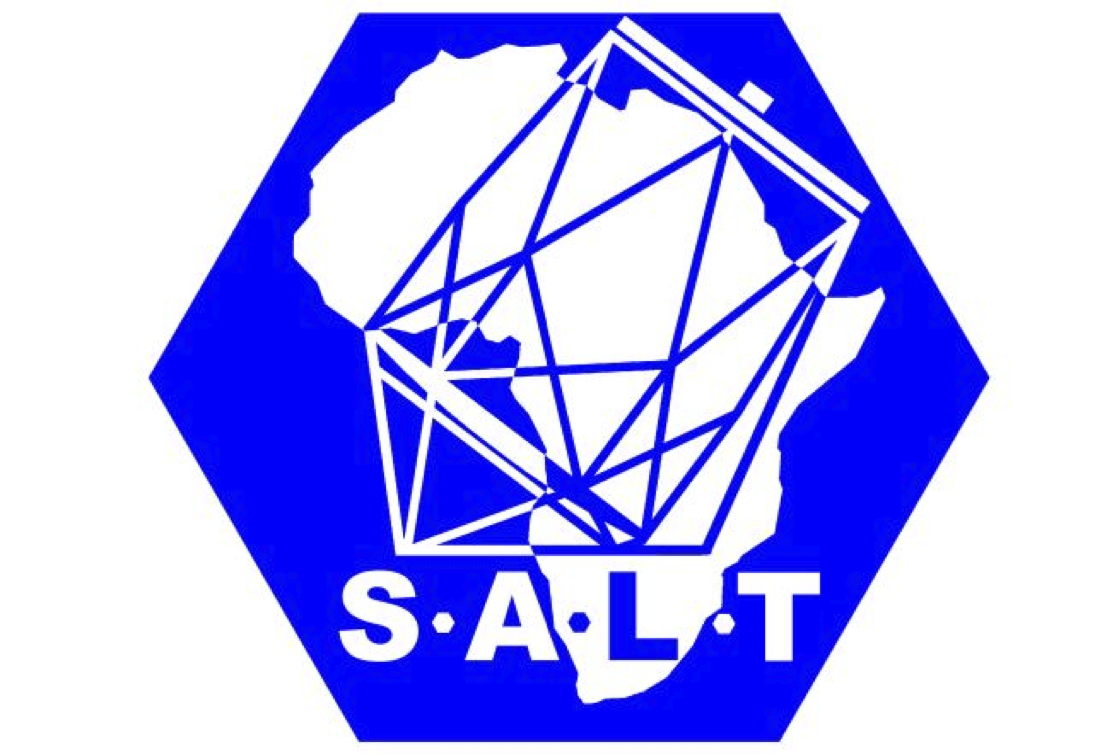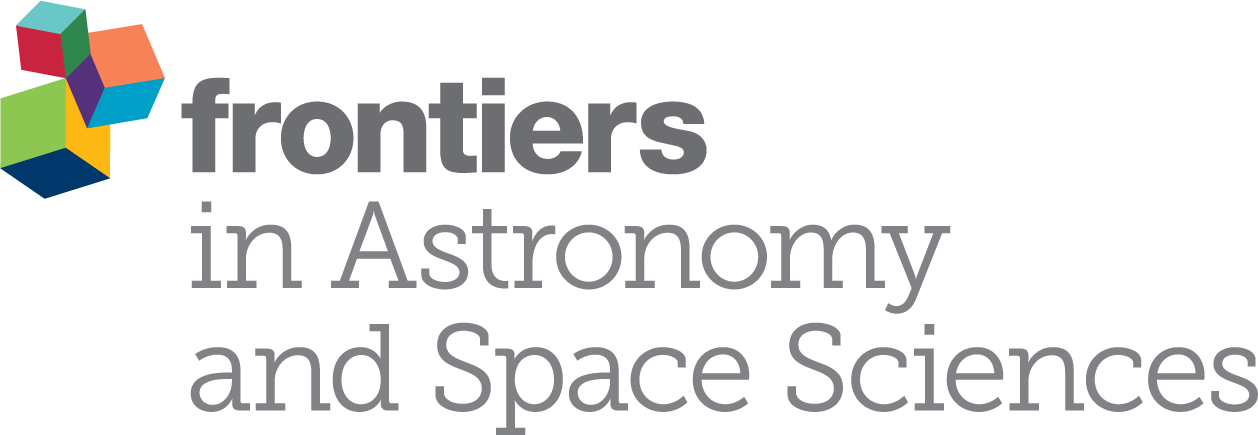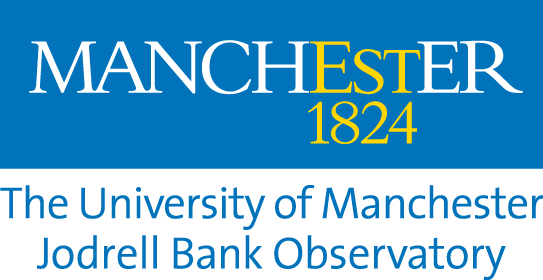Symposium S6
4 – 5 April 2018
Software in astronomy
Aims and scope
Though astronomy research is now dependent on software, software development, best practices, and management are skills often left to the astronomer to learn and hone on her own. Despite the proliferation of computational methods in the field, software contributions to astronomy are often not considered for reward or promotion.
The explosion of giant and/or complex and/or high throughput data sets in astronomy has led to the need to adopt advanced machine learning and data mining techniques, such as convolutional neural networks, decision trees, support vector machines, and Gaussian mixture models.
Further, to maximise scientific return and reach out to new global communities of participants in the work of cosmic discovery, the establishment and implementation of archival data services in astronomy and space science is increasingly important.
This Symposium will provide information on software engineering skills that are useful for and reasonably attainable by astronomy researchers and cover some of the best practices in software development.
It will cover the issues that arise from having a poor rewards system for software contributions and efforts to improve this situation and will present useful codes that are available for use by researchers.
It will analyse and discuss the problems of balancing the incoming data deluge with well-proportioned Astroinformatics solutions, based on robust and efficient processing/simulation environments and scalable data analytics methods.
It will also invite engagement between the widest European community of astronomers and space scientists with the agencies large and small that provide archival data and associated services.
Programme
BLOCK 1, Wednesday, 9:00-10:30
Software engineering and sustainability, education for better software, and the ecosystem around Python in astronomy
BLOCK 2, Wednesday, 14:30-16:00
Software publishing, impact, and credit
BLOCK 3, Wednesday, 16:30-18:00
Software packages for research
BLOCK 4, Thursday, 9:00-10:30
Open and Transparent Data Services
BLOCK 5, Thursday, 14:30-16:00
Machine Learning and Data Mining
BLOCK 6, Thursday, 16:30-18:00
Software Publishing Special Interest Group Meeting
Invited speakers
- John Wenskovitch, Virginia Tech
- Bruce Berriman, IPAC, Caltech
- Keith Smith, Science
- Federica Bianco, New York University
FULL PROGRAM
BLOCK 1: Software engineering and sustainability, education for better software, & the ecosystem around Python in astronomy
- John Wenskovitch: Software Engineers as Partners in Astronomy Software
Development
- Mark Wilkinson: Research Software Engineering - the DiRAC facility experience
- David Perez-Suarez: Software Engineering Training for Researchers
- James Nightingale: Test-driven Development in Astronomy
- Bruce Berriman: Sustaining The Montage Image Mosaic Engine Since 2002
- Amruta Jaodand: The Python Ecosystem
- Brigitta Sipocz: The Astropy Project: A community Python library and ecosystem of astronomy packages
BLOCK 2: Software publishing, impact, & credit
- Keith Smith: A Journal's Perspective on Research Software
- Federica Bianco: Measuring the Impact of Your Research Software
- Alice Allen: Receiving Credit for Research Software
- Open discussion; moderator, Rein Warmels
BLOCK 3: Software packages for research
- Sergio Martin: MADCUBA and SLIM: A lightweight software package for datacube handling and spectral line analysis
- Alex Hamilton: SunPy the Open Source Solar Physics Library
- Matteo Bachetti: Stingray, HENDRICS and Dave: Spectral Timing for all
- Maisie Rashman: Developing and applying astronomical software for novel use in conservation biology
- Shane Maloney: xrayvision - a collection of image reconstructions methods for X-ray visibility observations
- Sebastian Kamann: Crowded-field 3D spectroscopy with PampelMuse
- Matthieu Schaller: The next-generation cosmological code SWIFT
BLOCK 4: Open & Transparent Data Services
- Rachael Ainsworth: Open Science in Astronomy
- Debbie Baines: ESASky version 2: the next generation
- Jorge Palacios: Astronomy in a Big Data platform
- Gor Mikayelyan: An Interactive Sky Map based on the Byurakan Plate Archive
- Valeria Di Felice: The ASI Cosmic Ray Database for charged particles data
- Guy Beech: Using XML and semantic technologies in astroinformatics to manage data
- Open discussion, moderated by Andy Pollock
BLOCK 5: Machine Learning & Data Mining
- Massimiliano Razzano: Deep learning to study the noise in gravitational wave interferometers
- David Cornu: Selection of Spitzer YSO candidates using deep learning classifier
- Carlos Alberto Gomez Gonzalez: Data science for direct imaging of exoplanets
- Sebastian Turner: k-means clustering in galaxy feature data
- Santiago Gonzalez Gaitan: Spatial inference of astronomical datasets with INLA
- Robert Lyon: Imbalanced learning in astronomy
BLOCK 6: Software Publishing Special Interest Group Meeting
This meeting-within-a-meeting is an opportunity for journal editors and publishers and referees, abstract services, and others associated with research software publication to discuss how best to include research software in the scholarly record, improve the sustainability and reproducibility of research articles, and share information on issues and possible solutions.
Tentative agenda:- Journal software policies
- Ratings for numerical reproducibility
- Improving instructions for authors and referees
Please send agenda items to editor@ascl.net
Scientific organisers
Alice Allen, Astrophysics Source Code Library (US)
Rein H. Warmels, European Southern Observatory (DE)
Amruta Jaodand, ASTRON (NL)
Matteo Bachetti, Osservatorio Astronomico di Cagliari (IT)
Brigitta Sipocz, Sustainable Software Institute (UK)
Stephen Serjeant, Open University (UK)
Ofer Lahav, University College London (UK)
A.M.T. Pollock, University of Sheffield (UK)
Paolo Giommi, Agenzia Spaziale Italiana (IT)
Contact
Alice Allen, aallen @ ascl.net
Amruta Jaodand, amruta.jaodand @ gmail.com
Stephen Serjeant, stephen.serjeant @ open.ac.uk
Andrew Pollock, a.m.pollock @ sheffield.ac.uk
Updated on Thu Mar 29 21:40:54 CEST 2018
|
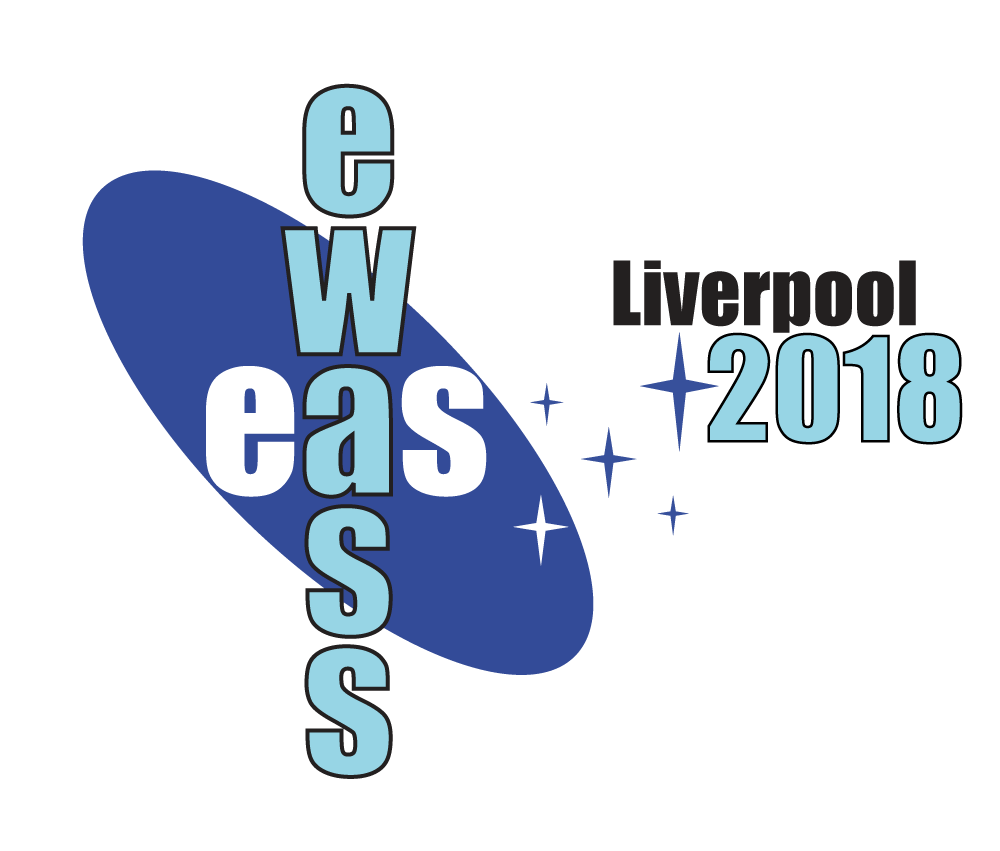
 A power cut will shut down all EAS services on Tuesday, 10 January 2017 starting at 7:30 CET.
A power cut will shut down all EAS services on Tuesday, 10 January 2017 starting at 7:30 CET.






